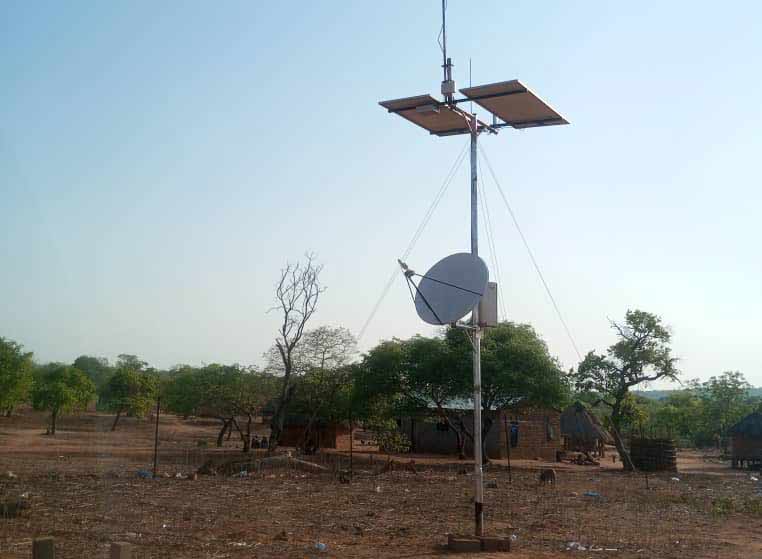
- Home
- About Us
- Sustainability
- Investors
- News
- People & Culture
-
Regions

Sub-Saharan Africa is home to the world’s fastest growing population, yet it remains the region with the highest number of people without mobile coverage. More than 210 million individuals across rural areas in sub-Saharan Africa are still beyond the reach of telecom infrastructure or reliable power, limiting their ability to connect, transact, and participate in the digital economy.
This is the reality we are working to change.
At MTN, we believe everyone deserves equitable access to the benefits of a modern connected life. For rural communities, connectivity is a lifeline that can create opportunities, impacting livelihoods. It enables small businesses to reach new markets, allows farmers to check weather patterns or prices, and gives healthcare workers the means to call for urgent assistance. Yet, extending infrastructure into remote areas remains resource-intensive and technically complex.
To help address these challenges, MTN Zambia has partnered with Africa Mobile Network (AMN) to expand coverage to rural and underserved communities across the country. AMN’s Network-as-a-Service (NaaS) model uses solar-powered infrastructure optimised for rural environments, allowing MTN to deliver 2G, 3G, and 4G services in areas previously off-grid, without requiring upfront capital or long-term operational risk.
Connectivity is only meaningful when people can use it. In partnership with AMN, MTN Zambia also supplies heavily subsidised mobile devices to residents in newly connected villages. The initiative includes support for the establishment of airtime vendors and mobile money agents, enabling broader access to financial services like deposits, withdrawals, and account management.
The effects are practical and visible. Gertrude Banda from Mawanda Village in Zambia reflects, “A long time ago we used to write letters to Lusaka. Now MTN thought of us and gave us phones so that we can communicate with people in Lusaka. When money comes, we are able to collect from MTN Mobile Money. Things are much easier because of the phones MTN has provided. So we are very grateful to MTN for bringing us phones here in our village.”
Stanley Kaluba, a Clinical Officer in Mawanda, echoes Gertrude’s sentiments: “We use the MTN network to make referrals for patients that need to go to the hospital and to call an ambulance in emergencies. MTN is a very good network, and since the time they installed this tower, it has really helped us.”
Connectivity is not only focused on enabling access to networks and affordable phones; it’s about leveraging economic empowerment. David Phiri, a mobile money agent, shares, “People come to my shop to withdraw money or open mobile money accounts. They can buy airtime through MTN MoMo or receive money from Lusaka. There are so many things I can do for a living now. I am very thankful.”
These experiences reflect the broader value of rural connectivity; giving individuals and households access to services that support daily life, from sending and receiving money to managing small enterprises, subscribing to insurance, or paying school fees.
MTN’s efforts to close the coverage gap are part of a broader, ongoing commitment to driving digital inclusion in the communities where we operate. While challenges remain, each newly connected village signals progress toward a more inclusive digital future.
The progress we’ve made reflects the strength of our partnership; with governments, technology partners , entrepreneurs, and local communities, each playing a role in shaping a more inclusive digital future.
As we continue to extend our reach, we do so with the understanding that lasting impact comes through shared effort. Together, we are creating the conditions for more people to access opportunity, stay connected, and take part in a more digitally inclusive society.